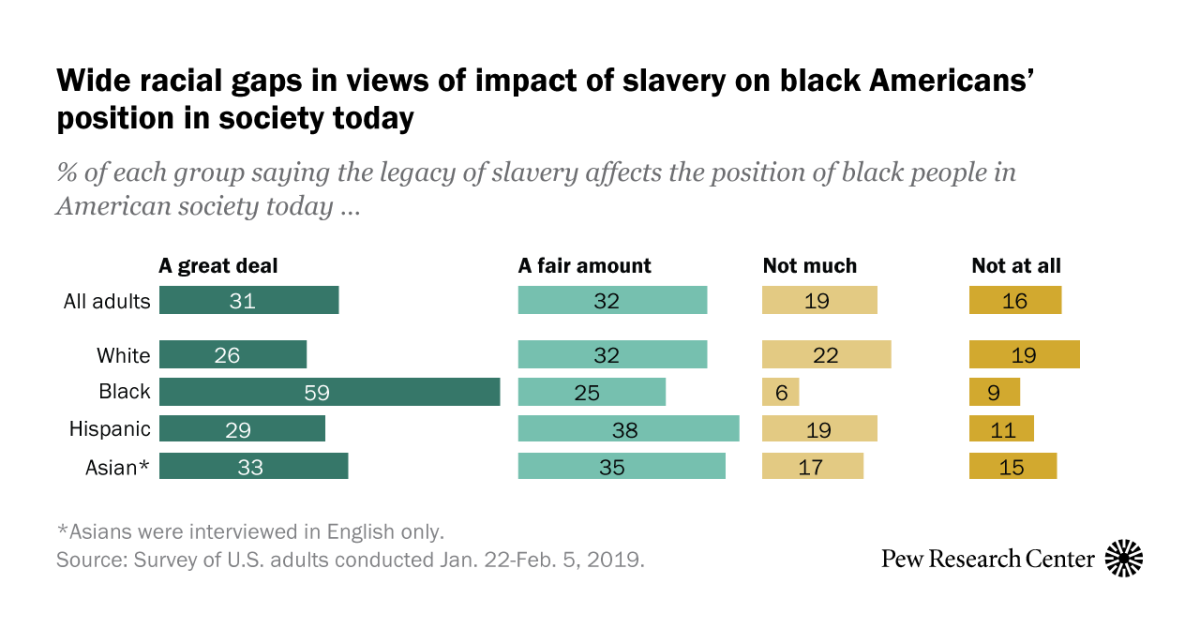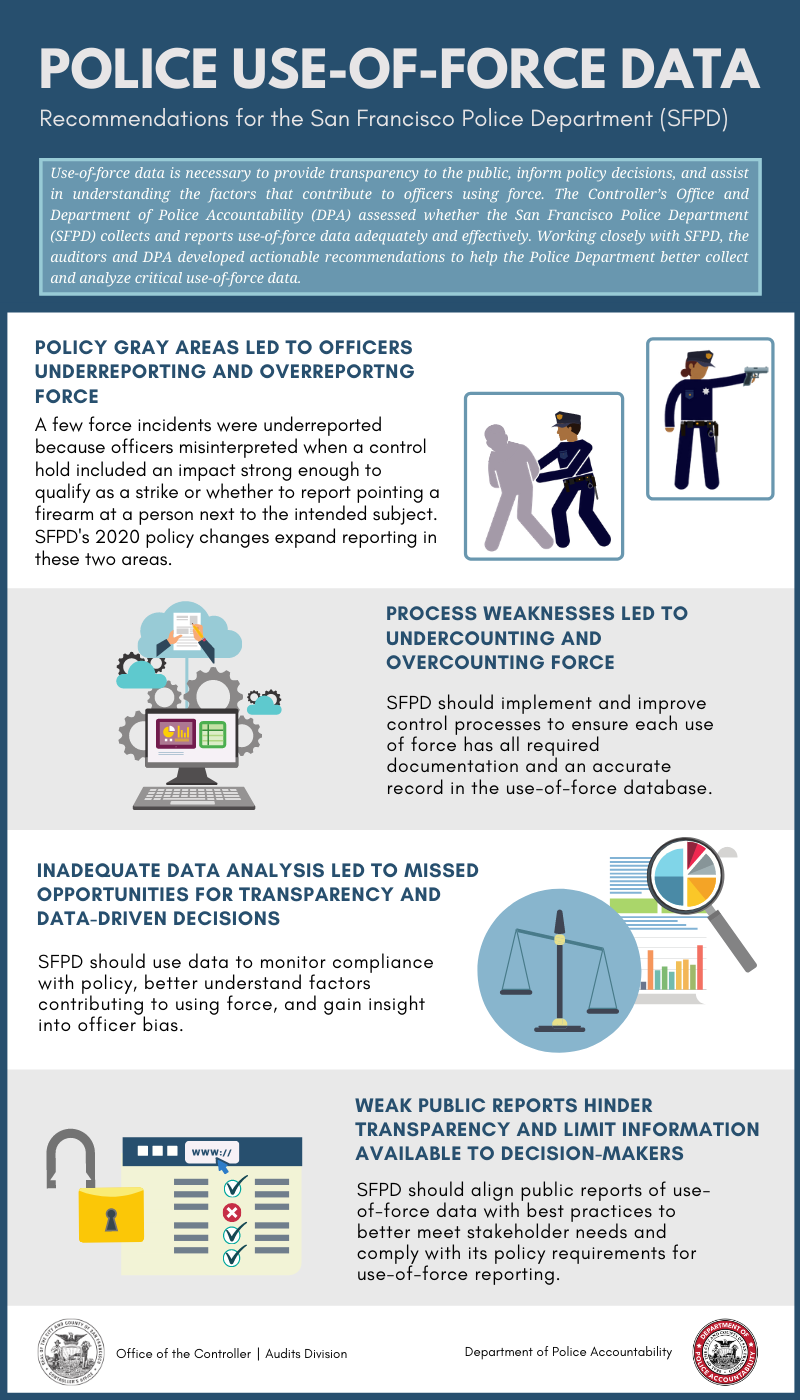
Search Results
777 items found for ""
- How race impacts who is detained pretrial
#justicesystem Overall, the available research suggests that: In large urban areas, Black felony defendants are over 25% more likely than white defendants to be held pretrial. Across the country, Black and brown defendants are at least 10-25% more likely than white defendants to be detained pretrial or to have to pay money bail. Young Black men are about 50% more likely to be detained pretrial than white defendants. Black and brown defendants receive bail amounts that are twice as high as bail set for white defendants – and they are less likely to be able to afford it. Even in states that have implemented pretrial reforms, racial disparities persist in pretrial detention.
- Black people 5 times more likely to be arrested than whites
#justicesystem According to an analysis of arrest data voluntarily reported to the FBI by thousands of city and county police departments around the country, black people were arrested at a rate five times higher than white people in 800 jurisdictions in 2018, after accounting for the demographics of the cities and counties those police departments serve. Source In 250 jurisdictions, black people were 10 times more likely to be arrested than their white counterparts. Source This is not an isolated phenomenon. According to a report by The Sentencing Project, black Americans are incarcerated in state prisons at nearly five times the rate of white Americans. The report found that one in 81 black Americans are incarcerated compared to one in 394 white Americans. Source These statistics are alarming and highlight the systemic racism that exists within the criminal justice system. It is important that we continue to have conversations about these issues and work towards creating a more equitable society. A.I. In 800 jurisdictions across the United States, black people were arrested at a rate five times higher than white people over a three-year period ending in 2018, according to an ABC analysis of data voluntarily reported to the FBI. In 250 jurisdictions, black people were 10 times more likely to be arrested than their white counterparts. These figures were derived after accounting for the demographics of the communities served.
- How Slavery still affects black people in the U.S. today
#whiteprivilege #perspective The legacy of slavery still resonates for many Americans, according to a Pew Research Center survey conducted earlier this year, with 63% believing it affects the position of black people in American society today either a great deal or a fair amount. Slavery and segregation encouraged African Americans to be disenfranchised, systematically oppressed, and economically disadvantaged. Slavery endures in a legal system that allows black voter suppression and housing restrictions and education policies that continue to make life harder for blacks than whites in America. Slavery endures in an injustice system that continues to jail more black men than white people for the same crimes. Bing Chat While many assume Black Americans now have equal rights, that is not the lived experiences of many Black Americans as they go about their daily lives encountering unequal access to services, racial profiling, and microaggressions. Racism – whether explicit or implicit – remains common, and racist actions occur throughout our country, in our state, and on our campus. When these incidents occur at Berkeley, they reinforce the experience among members of our Black community that they are not respected or valued. Source African family traditions, which varied according to national origin and religion, could not be replicated in the New World after Africans were forced into slavery. The slave trade was responsible for breaking up African families. Husbands, wives and children could be sold separately because U.S. law did not legally recognize their families. Source It still has a tremendous impact on our entire society. Even for a person like me who has never been enslaved, I feel the ramifications in the policies and attitudes of today’s society. It affects us from all walks of life, including the academics where you would like to think is unbiased, but the miseducation and ignorance have become engraved into our systems, leading to a second-class level of citizens. And that hurts all of us to the very top. Source Other Resorces: How Slavery still affects black people in the U.S. today
- HOW ICE’S 287(G) PROGRAM EMPOWERS RACIST SHERIFFS
#immigration Section 287(g) of the U.S. Immigration and Nationality Act authorizes the Department of Homeland Security (DHS) to deputize selected state and local law enforcement officers to enforce federal immigration law. Section 287(g) allows the DHS and law enforcement agencies to make agreements, which require the state and local officers to receive training and work under the supervision of U.S. Immigration and Customs Enforcement. ICE provides the officers with authorization to identify, process, and—when appropriate—detain immigration offenders they encounter during their regular, daily law-enforcement activity. The 287(g) program is a set of partnerships between Immigration Customs and Enforcement (ICE) and state and local law enforcement agencies that effectively deputize local police to act as federal immigration agents. The program has been criticized for empowering racist sheriffs and enabling civil rights violations. The ACLU research report “License to Abuse: How ICE’s 287(g) Program Empowers Racist Sheriffs and Civil Rights Violations” examines the records of sheriff offices and other law enforcement agencies that participate in the program.
- Racial Disparities in America’s Parole System
#justicesystem It is estimated that about 4.5 million people are on community supervision, to include probation and parole, which far outnumber the 2.3 million individuals behind bars. According to the Bureau of Justice Statistics, 28 percent of people on probation and 38 percent of people on parole are African Americans. However, African Americans make up only 13 percent of the US adult population. In 2018, African Americans were 2.6 times more likely to be on probation and 4 times more likely to be on parole, as compared to Caucasians, as reported by Michael Gelb. Michael Gelb, Racial Disparities Still Mar Probation, Parole Despite 14% Decline: Report, The Crime Rep. (Aug. 13, 2020).
- History of Violence Against Black Churches
#religion There is a long history of violence against black churches in the United States. Black churches have suffered at the hands of thugs and terrorists throughout the Civil Rights era, as they had for a century before. The attacks have taken the form of arson, bombings, mass murder, hate crimes, and white supremacist-propelled domestic terrorism. The killing of nine people at the Emanuel African Methodist Episcopal Church in Charleston, S.C., is among a long list of attacks targeting predominantly black churches in the United States. The predominantly black church was under construction and was set on fire shortly after the election of President Obama.
- Systemic racial disparities in funding at National Science Foundation
#education White principal investigators (PIs) are consistently funded at higher rates than most non-white PIs. Funding rates for white PIs have also been increasing relative to annual overall rates with time. Moreover, disparities occur across all disciplinary directorates within the NSF and are greater for research proposals. The distributions of average external review scores also exhibit systematic offsets based on PI race. Similar patterns have been described in other research funding bodies, suggesting that racial disparities are widespread. The prevalence and persistence of these racial disparities in funding have cascading impacts that perpetuate a cumulative advantage to white PIs across all of science, technology, engineering, and mathematics.
- Police Use of Force Policies and Research
#police Local police are expected to use the least amount of force necessary against citizens, both in self-defense and in defense of others. Although relatively rare, many incidents of excessive, and even lethal, force used by police have been documented, particularly in situations involving people of color. Specifically, Black Americans are more likely to be killed during a police encounter than White Americans. The public has called for further investigation, data collection, and research on police use of force. This literature review provides an overview of theories on why police use of force occurs. Theories are based on officer characteristics, types of situations, organizational norms, and police policies and procedures. The review includes data and research on use of force including disparities in its use.
- How A.I. Image Generators see race
#socialmedia A.I. mode is only available when you have access to the new Bing. According to an article on Digital Trends, AI image generators can often be based on stereotypical biases which can affect how machine learning models manufacture images. Images can often be Westernized or show favor to certain genders or races depending on the types of phrases used. The raw data used to train the models is drawn straight from the internet, causing image generators to parrot many of the biases found online. That means they may reinforce incorrect stereotypes about race and gender. Source: How A.I. Image Generators see race Typed these phrases into deepai.org image generator. Here's what came up. African American man African American woman Latin man Latin woman Asian man Asian woman White man White woman Indian man Indian woman Jamaican man Jamaican woman Source: deepai.org
- White-only religious groups aren't new to America
#religion The organization's founder, Stephen McNallen, has repeatedly embraced the racist slogan known as the "14 words": "We must secure the existence of our people and a future for white children," first promulgated by the white supremacist terrorist David Lane. The group's current leader, Matthew Flavel, has spoken at a celebration of the centennial of American Nazi Party founder George Lincoln Rockwell's birth and at a racist conference whose other guests have included Holocaust deniers, according to the West Central Tribune newspaper of Willmar, Minnesota.
- Black directors make just 1% of competition films
#entertainment Black filmmakers are being significantly underrepresented in the main sections of the world’s major competitive film festivals, according to a Screen study of the last three years. Screen has surveyed the main international competitions of the 14 A-category festivals to have held an edition in 2018, 2019 and 2021 (several festivals did not take place in 2020 due to the pandemic, while Montreal World Film Festival took place in 2018 but not subsequently).
- How Negro Leaguers finally entered the Hall of Fame
#sports In 1977, the first Negro Leagues committee disbanded, and the duty of considering Negro Leaguers for the Hall of Fame fell to the Veterans committee. The rate at which Negro Leaguers gained enshrinement slowed to a crawl. From 1978 through 1994, the only people with any connection to the Negro Leagues to enter the Hall of Fame were Willie Mays (1979), Rube Foster (1981), Hank Aaron (1982), and Ray Dandridge (1987).











